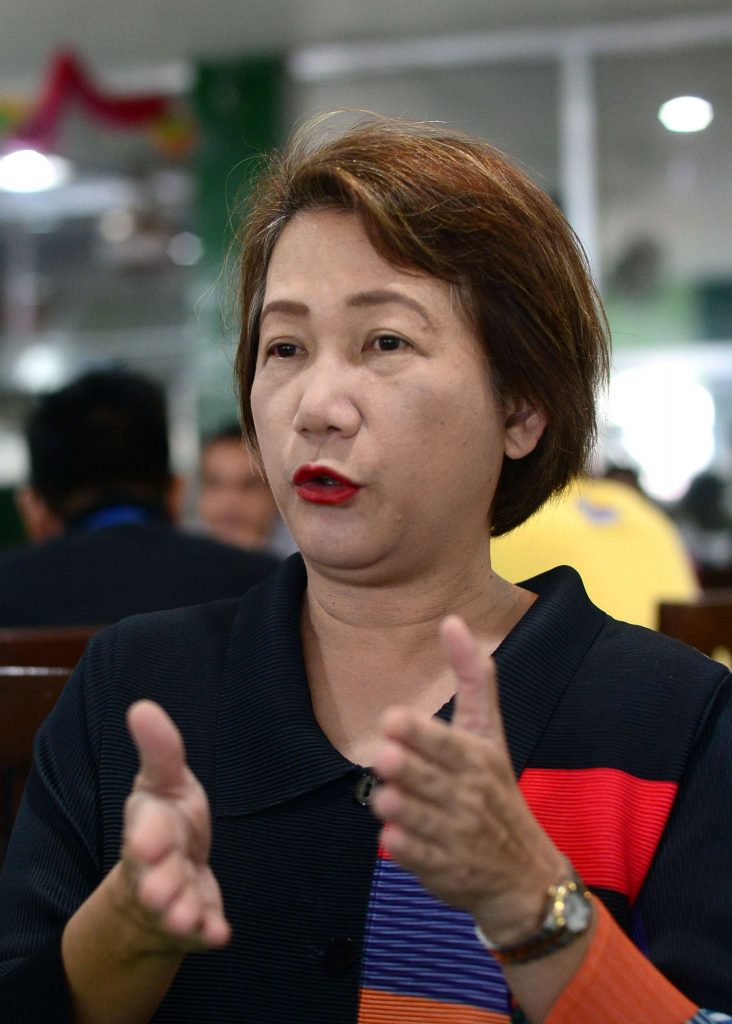by Lea Regina Dulay and Rojean Grace Patumbon/UM Interns
THE PHILIPPINE Genome Center (PGC) in Mindanao has expanded its services beyond COVID-19 after the consistent decline in the number of cases.
The PGC is known for being a genomics-focused research unit of the University of the Philippines-Diliman, which rose to prominence during the COVID-19 pandemic.
For example, PGC is looking into genomics for cancer diagnostics and pharmaceutical genomics to help determine the right dosage for medication.
Dr. Joel Hassan Tolentino, PGC Mindanao head, coordinated with medical experts from Southern Philippines Medical Center (SPMC) and Metro Davao Medical Center (MDMC) to effectively institute genomics in the region. This way, samples will no longer be sent to Manila for testing.
The Bureau of Animal Industry accredited PCG-Mindanao on March 17, 2020, as a laboratory testing facility that accepts pig blood samples from the Davao City Veterinarian’s Office for testing of African Swine Fever (ASF) when it spread across the region.
PGC-Mindanao is also looking into biobanking.
For instance, Dr. Michael Velarde, director of Biobank Core Facility, said they could store tissues, bones, and skin which helps organ seekers, especially chronic kidney disease (CKD).
Davao City ranks third in the country with the most number of kidney diseases. Southern Philippines Medical Center doctors see two to three kidney patients daily.
Dr. Neil Bascos, director of Protein, Proteomics, Metabolics Facility, said the samples or organs stored in the biobanks for potential matching. Proteomics and metabolomics can characterize those organs and the potential risks to see if there is a match.
As a result, they reduced the process from 3-4 months to 2-3 weeks. So, patients needing an organ transplant no longer have to wait long.
The medical procedure made organ matching less complicated for recipients since they will no longer drink immunosuppressant medicine to decrease the body’s immune response to the transplanted organ.
“Madami po talagang expansion ang ginagawa dito ngayon (There is a lot of expansion happening here right now). The Philippines has really invested a lot in trying to expand the capacity, so meron na po tayo nung mga [right now we have an] equipment (na) like high-resolution. It’s the best in the country and maganda po yung [it has a good] capacity (niya) to do these things, so we want to apply this to many things,” Dr. Bascos said.
In an interview, Dr. Cynthia Saloma, PGC executive director, said the initiative was made possible due to the assistance of the Department of Science and Technology. They believe that every region must have a genome facility, so PGC proposed to the Philippine Council for Health Research and Development (PCHRD) and asked for P79 million as funding for Mindanao and P72 million for Visayas.
After Davao City, PGC plans to extend its services to Cagayan de Oro.

